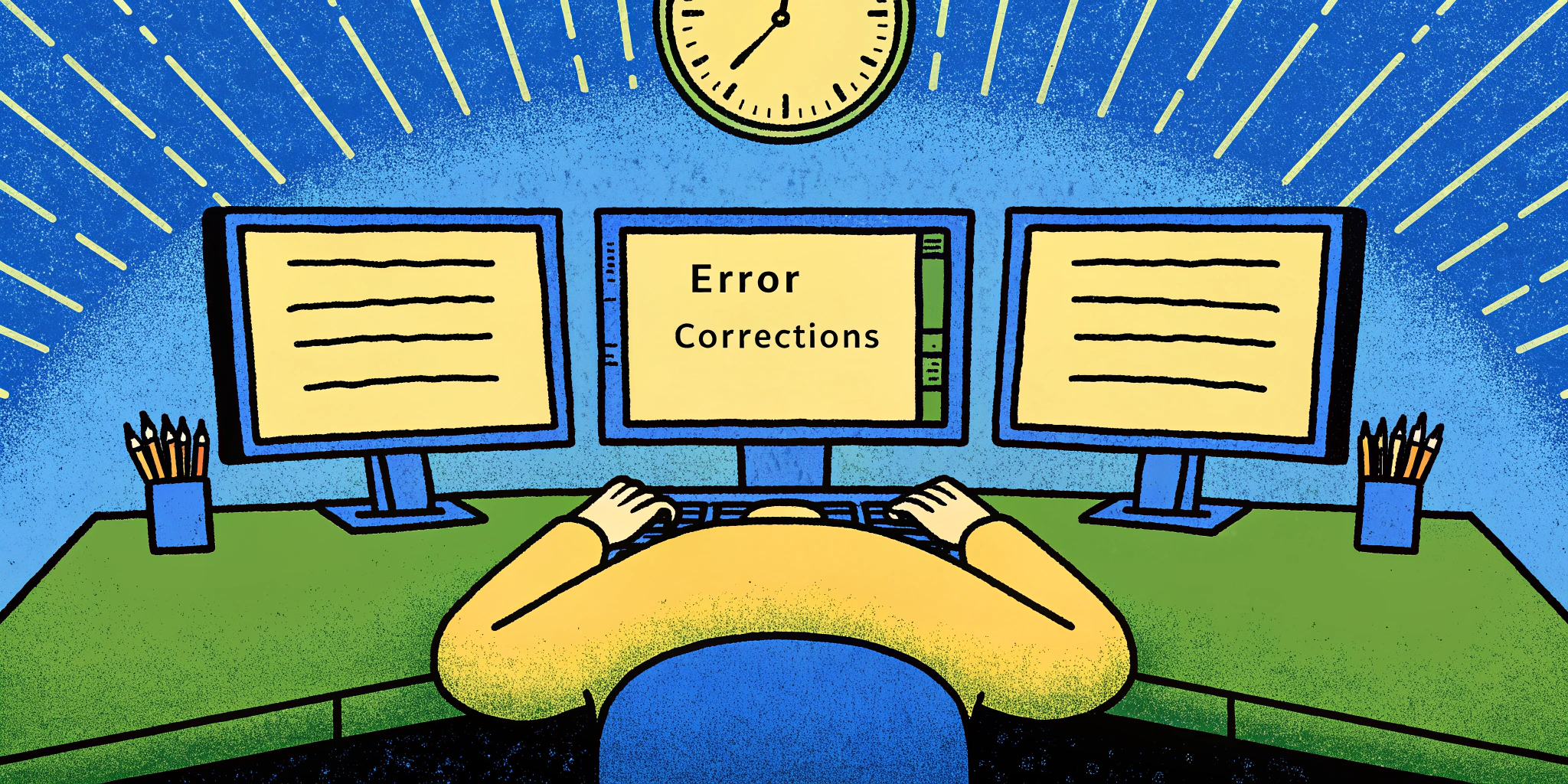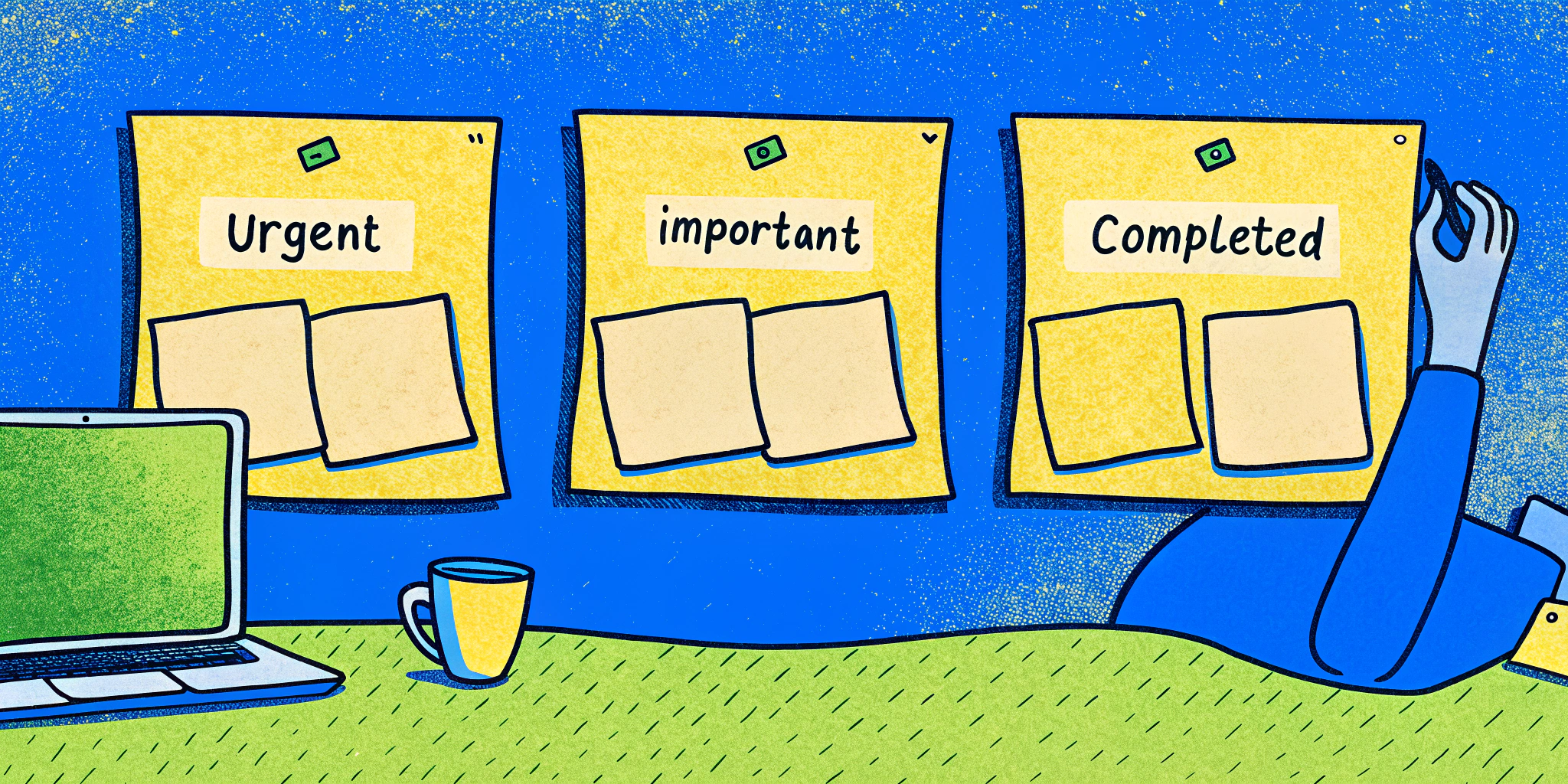Are you preparing for a data entry clerk interview and wondering how to craft the perfect responses? As someone who’s been through the grind, I’m here to share actionable tips, real-world examples, and proven strategies to help you nail your next interview. My name is Alex Carter, a hiring specialist and career mentor, and in this post, I’ll guide you through the frequently asked data entry clerk interview questions and their best answers.
Whether you’re targeting your first role or looking to level up in your career, these tips will ensure that you stand out. Plus, I’ll share my secret weapon—how I use Ninjafy AI to practice for interviews and ace them with confidence. Let’s dive right in!
1. Tell Me About Yourself
Opening Paragraph
This is a classic opener, and your response sets the tone for the entire interview. The hiring manager wants to know if your skills, experiences, and personality align with the role. Think of this as your elevator pitch, focusing on your strengths and how you add value.
Example Answer
“Thank you for giving me this opportunity. I’ve worked in positions requiring precision and efficiency for the past three years. For instance, in my previous role, I collated company data that managers used to improve operations. I’m highly organized and detail-oriented, which has helped me consistently meet deadlines without errors. Outside of work, I stay active, which keeps my focus sharp. If hired, I’ll bring dedication, integrity, and a commitment to excellence to this role.”
Pro Tip: Use Ninjafy AI to refine your pitch by practicing live and getting feedback tailored to your profile.
2. What Are the Most Important Skills Needed for Data Entry?
Opening Paragraph
This question evaluates your understanding of the role. Highlight the key skills and qualities that make a successful data entry clerk, preferably aligning them with the job description.
Example Answer
“The most important skills include exceptional attention to detail, proficiency in software systems, strong organizational abilities, and the capacity to work under tight deadlines. In addition, multitasking, communication skills, and confidentiality are critical for maintaining accuracy and trust.”
Table: Key Skills for Data Entry
| Skill | Why It’s Important | Example Application |
|---|---|---|
| Attention to Detail | Ensures data accuracy | Avoiding errors in financial reports |
| Organizational Skills | Helps manage large volumes of data effectively | Prioritizing tasks in deadline-driven work |
| Typing Proficiency | Speeds up data input | Maintaining high productivity |
| Software Knowledge | Enhances efficiency and troubleshooting | Mastering Excel, Google Sheets, or CRMs |
| Multitasking | Handles competing priorities efficiently | Balancing entry, review, and communication |
Pro Tip: Before your interview, use Ninjafy AI to identify which of these skills you should emphasize based on the company and role.
3. Describe a Time You Demonstrated Attention to Detail
Opening Paragraph
This behavioral question is critical for data entry roles. Employers want to see how you ensure accuracy, especially under pressure.
Example Answer
“In a previous role, I was tasked with consolidating historical sales data across different systems. The challenge was that many records contained errors, and I had only 24 hours to complete the task. I created a step-by-step plan, worked in a quiet space to maintain focus, and double-checked my entries. When the deadline moved up, I stayed late to finish on time. My manager later praised the accuracy of my work.”
Dive Deeper
This response demonstrates problem-solving, time management, and attention to detail—key qualities for a data entry clerk. It also shows your ability to perform well under pressure.
4. What Duties Do You Expect in This Role?
Opening Paragraph
This question tests your understanding of the job’s scope. Use the job description as a guide and provide a clear, comprehensive answer.
Example Answer
“I expect to be responsible for entering data into systems, ensuring accuracy, backing up files, and maintaining confidentiality. I’ll also liaise with team members, troubleshoot issues, and stay updated on software systems. Routine tasks like filing and retrieving information are also part of my expectations.”
Pro Tip: Structuring your answer to match the job description shows you’ve done your homework.
5. How Do You Prioritize Your Work?
Opening Paragraph
Time management is crucial in data entry. This question assesses your ability to handle multiple tasks effectively.
Example Answer
“I use a to-do list to prioritize tasks by urgency and importance. I allocate buffer time for unexpected issues and consistently review my progress to stay on track. For example, in a previous role, I managed simultaneous data entry projects by focusing on the most time-sensitive tasks first while keeping stakeholders informed.”
Table: Task Prioritization Steps
| Step | Action | Outcome |
|---|---|---|
| Create a To-Do List | List all tasks | Visual clarity of workload |
| Categorize by Priority | Urgent vs. important | Focuses on high-impact activities |
| Allocate Buffer Time | Add 10% extra time for contingencies | Accounts for unforeseen challenges |
| Review Progress | Monitor tasks regularly | Ensures deadlines are met |
6. What Would You Do If You Encountered an Error in the Data?
Opening Paragraph
Errors are inevitable, and interviewers want to know how you handle them responsibly.
Example Answer
“If I encountered an error, I’d first verify the issue and identify its source. Then, I’d consult any relevant guidelines or team members to address it effectively. For example, I once noticed discrepancies in a report and worked with my manager to correct it before submission.”
7. How Do You Stay Focused During Repetitive Tasks?
Opening Paragraph
Data entry requires consistent focus, even during monotonous tasks. This question evaluates your strategies for maintaining productivity.
Example Answer
“I stay focused by setting small goals and taking short breaks to refresh. For instance, during a project involving thousands of entries, I worked in focused 45-minute intervals, followed by 5-minute breaks. This approach kept me energized and accurate.”
Conclusion: Mastering Your Data Entry Interview
Preparing for a data entry clerk interview doesn’t have to be overwhelming. By understanding the key questions and crafting thoughtful responses, you’re already ahead of the competition. Tools like Ninjafy AI can further elevate your performance by providing real-time feedback and personalized mock interviews. With practice and preparation, you’ll walk into that interview with confidence.




